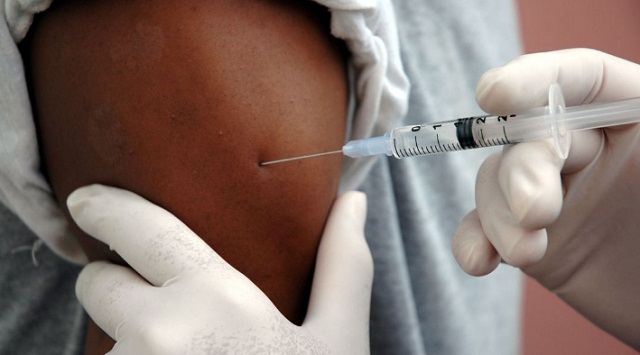
Kampala, Uganda | THE INDEPENDENT | Ministry of Health (MOH) has so far tested only 5.6 million out of the 16 million adolescents and adults targeted for hepatitis B testing by the end of 2020.
Dr. Racheal Beyagira, the Technical Officer on Hepatitis in the Ministry says the 5.6 million accounts for 35% of their target, adding that over 40% of those tested came out positive.
Hepatitis B is according to experts a silent killer and has far more dilapidating effects on sufferers compared to the most viral diseases including HIV/AIDS. Dr. Alfred Driwale, the head of the Uganda National Expanded Programme on Immunisation (UNEPI), says that if a child develops the disease that is spread through bodily fluids such as blood and semen before the age five, 90 percent of them will progress into severe illness involving the liver failure and liver cancer years later.
In 2015, the Ministry embarked on a campaign to test and vaccinate adults and adolescents for hepatitis after studies found the disease to be highly endemic in the country with a 10% prevalence rate. The Northern and Eastern parts of the country have a higher prevalence rate.
Driwale says testing campaigns were being conducted depending on the risk and that is a continuous exercise they have been going region per region testing and vaccinating those that are found negative and linking the positive ones to care.
However, even with such campaigns, the ministry says many people even in the high-risk districts remain unaware of their status, a reason they have now embarked on screening mothers turning up for antenatal care clinics.
In a strategy that has worked in the fight against HIV/ AIDS, Driwale says babies born by Hepatitis positive mothers are given a dose at birth to cut transmission from mother to child. While this strategy can cut the prevalence rates, Beyagira says they are only doing it in a campaign mode only covering a few districts covered by donor funding.
Even when it comes to testing, she says they encounter constant stock-outs and in many areas, they have to use the HIV/AIDS viral load testing equipment to test for the hepatitis viral load to make treatment decisions for those that test positive.
Currently, through routine immunization, every child born is vaccinated at six weeks, 10 weeks and 14 weeks old and he says all those below 18 years have benefited from the DPT vaccine. With this, they expect hepatitis numbers to start going down in the next seven years.
Driwale says it’s possible for Uganda to have a hepatitis free future.
*******
URN
 The Independent Uganda: You get the Truth we Pay the Price
The Independent Uganda: You get the Truth we Pay the Price




